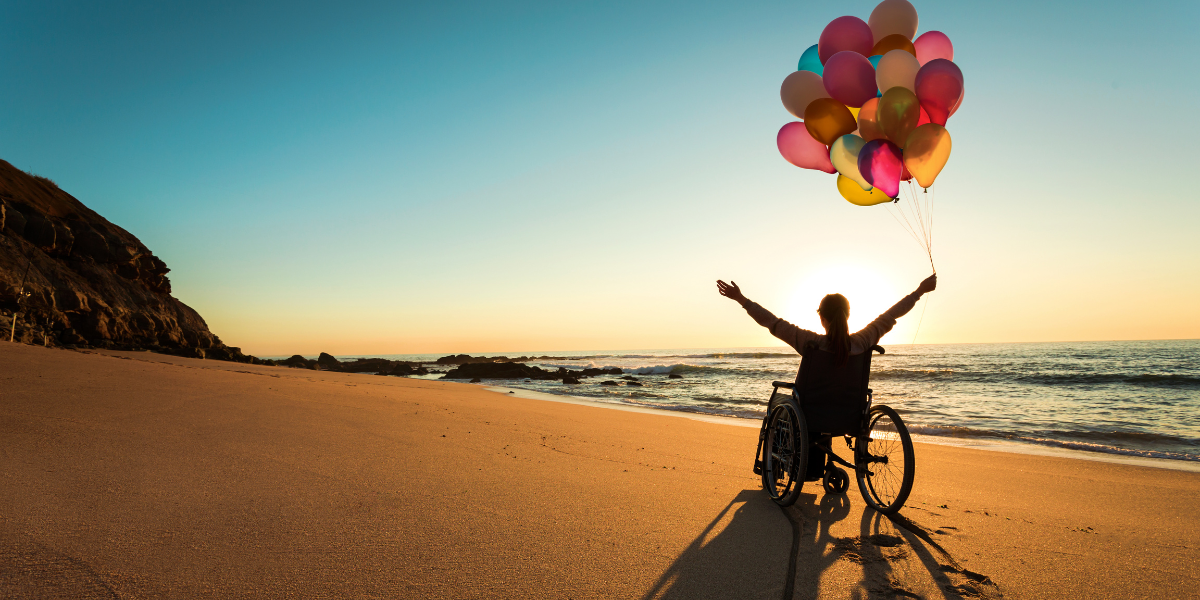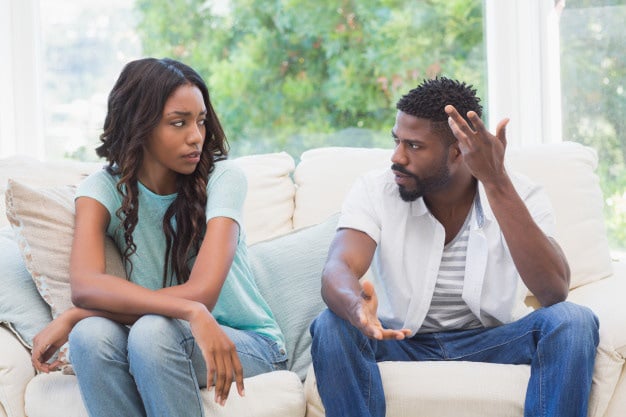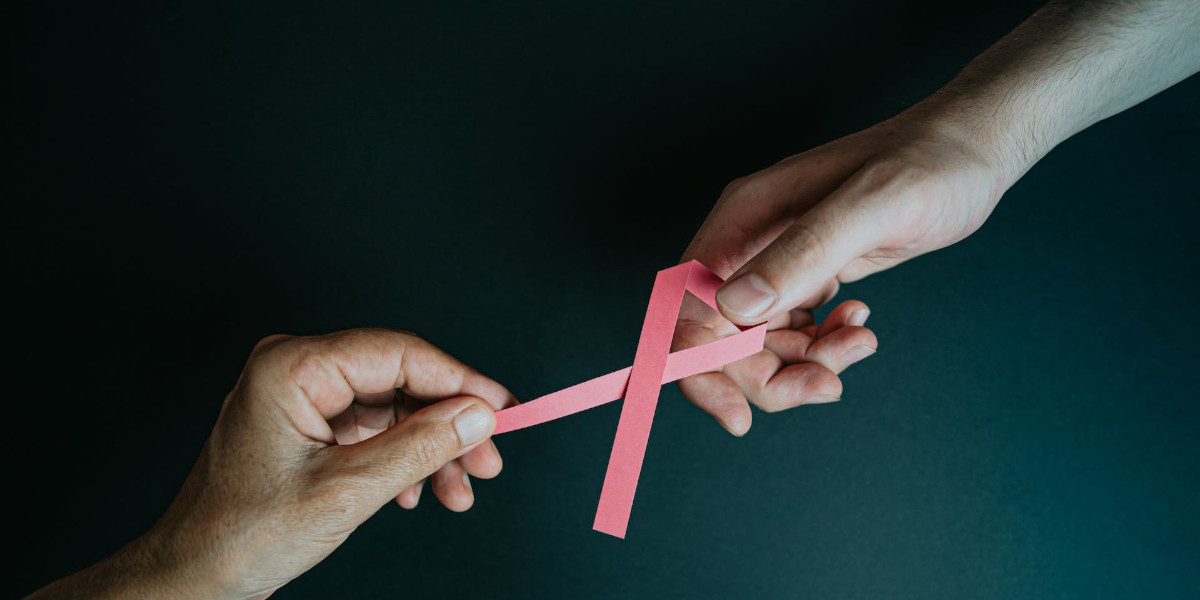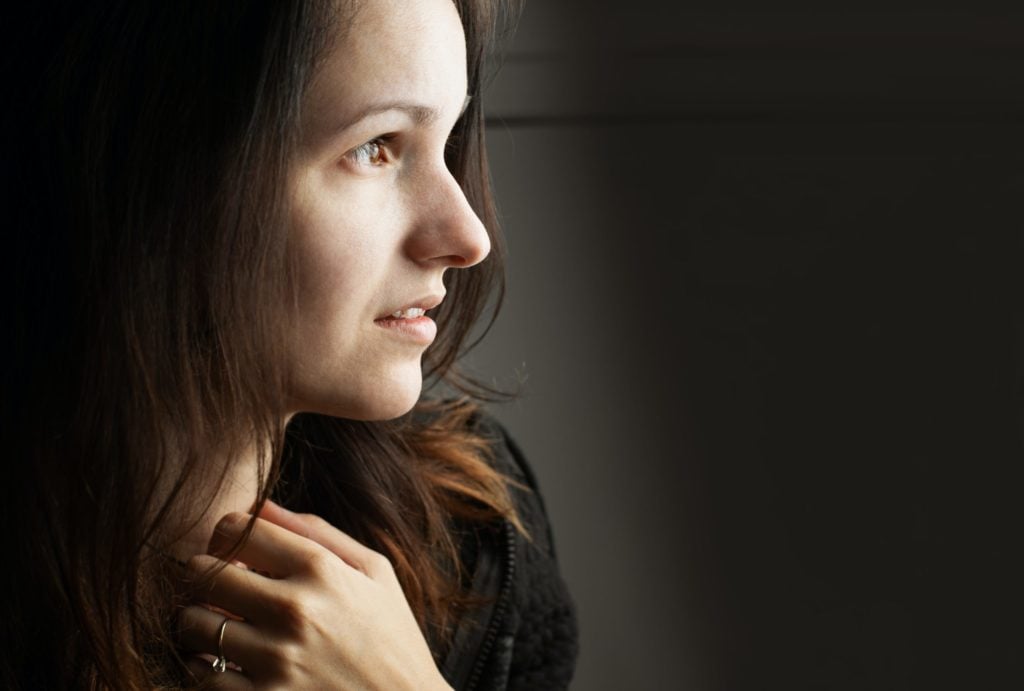
It's Time To Talk Openly About Disabilities
People with disabilities make up the largest minority group in the United States, accounting for 20% of the population, and it’s been more than 30 years since the Americans With Disabilities Act (ADA) was signed into law, but people with disabilities are still being marginalized – even in the fields of healthcare, education, and law, and despite decades of advocacy.
December 3 is International Day of Persons With Disability - the perfect time to reflect on our attitudes toward disability and find ways to make our local communities more inclusive.
Disability pride is about honoring each person’s disabled identity as a part of our human diversity. For some, that means accepting and celebrating their accomplishments despite having physical limitations or challenges. However, for those facing injustice because of their disability or who have become disabled following violence or trauma, the message of disability pride may stir feelings of resentment, frustration, or anger at a lack of access to available opportunities. A disability is part of someone’s identity, it does not define them.
Ask, Don’t Assume
Ableism includes refusing to make accommodations or portraying condescending or abusive attitudes toward people with disabilities. Healthcare and service workers who speak in high-pitched voices they consider extra-friendly, or who cheer on people for their bravery, or who rush to complete physical tasks that disabled workers can complete on their own may actually be infantilizing the adults they serve. Don’t assume someone in a wheelchair needs or wants your assistance, but feel free to offer help if someone is clearly struggling. Ask how you can help specifically rather than assuming your inclination is the best.
Fear and lack of familiarity of people with disabilities can make us freeze up and act weird. We may worry so much about offending someone that we either treat them like children or simply avoid them. Treat everyone with equal respect. Remember that an inability to speak or move freely does not indicate an inability to think or feel.
Not all disabilities are visible. People with non-apparent disabilities may not want to bring attention to themselves, or may be discouraged from comparing themselves to those with obvious severe physical limitations. We don’t know anyone’s story but our own.
Inspiration and Objectification
“Disability is not a bad thing. And it doesn’t make you exceptional,” says Australian activist and educator Stella Young, who explains the social model of disability, our fascination with “disability porn” and how insulting and objectifying society tends to be when interacting with disabled people. In other words, it’s not okay to use people with disabilities as our own inspiration to rise above challenges. Check out Stella’s funny and illuminating TED talk.
We’re Not All Alike
Whether you’re an individual trying to examine your own biases, or you live in a family that includes someone with a disability, educate yourself. Start with the National Council on Independent Living. If you’re curious about making sure your community is inclusive or you need hands-on help with a loved one, the NCIL can help you identify local resources for support, advocacy, independent skills training, transitions for teens into adulthood, and so much more.
For more local support, find a Lifeologie Counseling therapist near you who can help you meet your individual goals, whether that is learning to live with a new diagnosis or facing life’s tough transitions. Our counselors consider the challenges each new client might face, from the difficulty of physically getting to an appointment to overcoming anxieties and fears about seeking help in the first place. We have therapists who specialize in questions of identity, corporate culture, trauma, living with chronic illness or pain, and so much more. Learn more about our specialties and find out which Lifeologist is the right fit for you.

About Lifeologie
Lifeologie Counseling was founded in 2000 with one goal in mind — to bring a fresh, innovative approach to the everyday problems of life. Creative solutions to stuck problems®. With our unique multi-specialty, collaborative approach, Lifeologie Counseling helps individuals and families heal their wounds and break out of old, unhealthy patterns.
.png)



